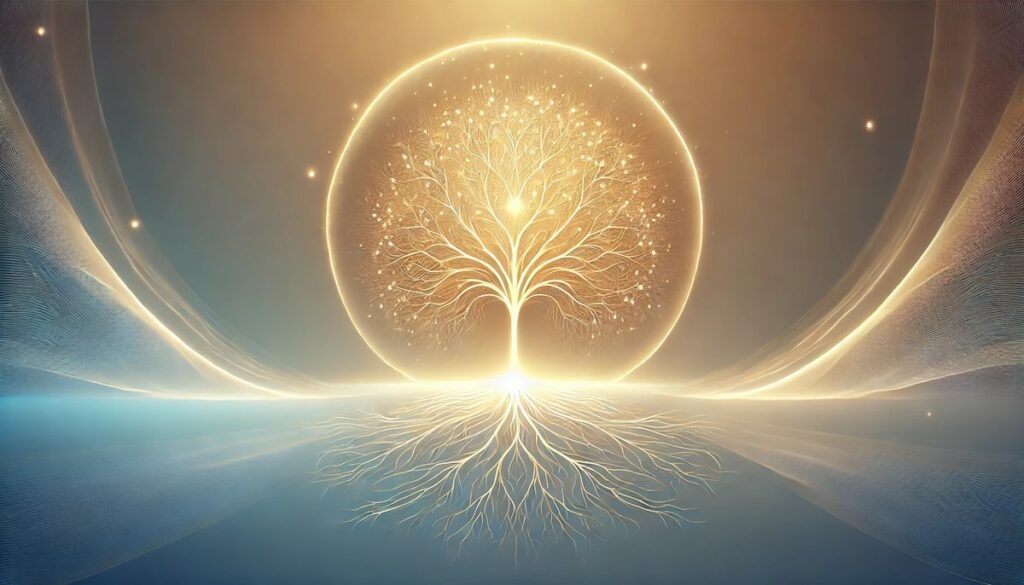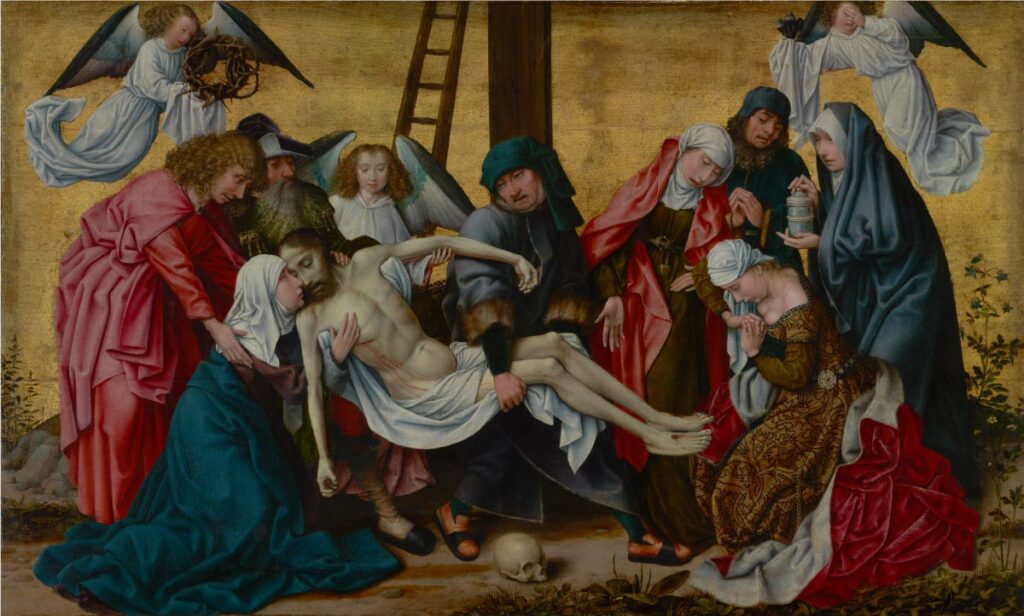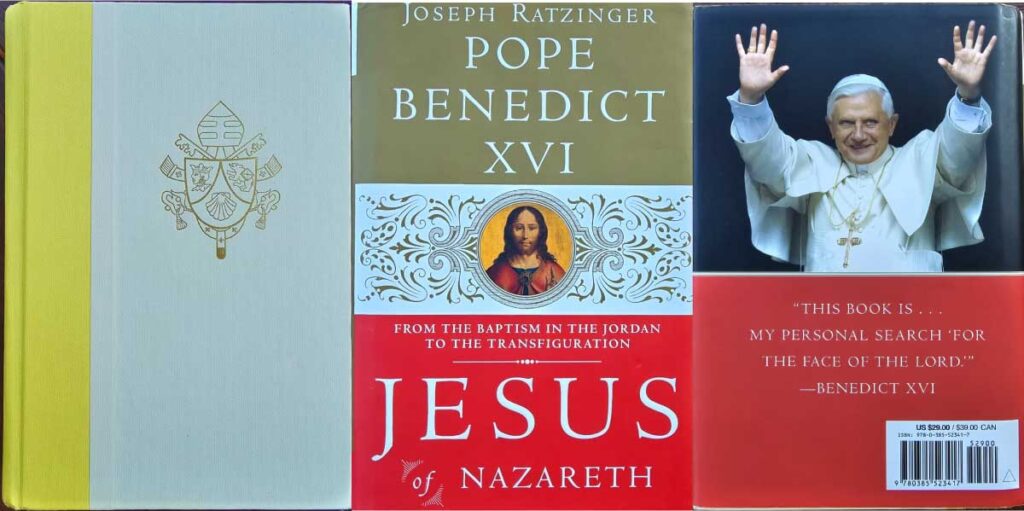In the bustling landscape of modern theological understanding, few concepts are as misunderstood as God’s relationship with creation. Popular imagination often portrays the divine as a distant clockmaker—one who wound up the universe at the beginning of time and then stepped back, allowing mechanical processes to unfold without further intervention. But what if this view misses the very heart of the matter? What if existence itself is not a static fact but an ongoing miracle? Imagine every breath, every moment, as a fresh act of creation, sustained by a divine presence closer to you than your own thoughts. This dynamic understanding is powerfully articulated by the medieval theologian Saint Thomas Aquinas.
The Misconception of a Passive Divine Presence
Many people who believe in a divine creator conceptualise God’s creative act as a singular, historical event. They imagine creation as something that happened “once upon a time”—a primordial moment when divine energy explosively generated the cosmos, after which the universe was left to its own devices. This perspective reduces God to an initial cause, a distant spark that set everything in motion, but who now observes creation from a cosmic remove.
Aquinas would find such a conception not just incomplete, but fundamentally mistaken. For him, creation is not a past event, but an ongoing, continuous process. God is not a distant watchmaker but an immediate, persistent source of being—continuously willing every aspect of existence into momentary reality.
Thomas Aquinas: Creation as Continuous Act
Consider Aquinas’s insight: existence itself is not a static condition, but a constant creative act. Just as a light requires continuous electricity to maintain its illumination, every entity requires continuous divine sustenance to maintain its being. Remove the electrical current, and the light vanishes. Similarly, remove divine creative power, and existence itself would instantly dissolve.
This isn’t metaphorical language, but a precise philosophical description. For Aquinas, God doesn’t just initiate existence; God is existence’s continuous ground—God is what he called ipsum esse subsistens, or ‘self-subsistent being.’ In other words, God is not just a being among beings but the very act of being itself. Each electron, each atom, each complex system is moment-by-moment sustained by divine creative power. Creation isn’t something that happened; creation is happening—right now, and every millisecond.
Three Modes of Divine Presence
Aquinas articulated three ways God is present in creation:
- By Power: God isn’t just a distant overseer, but the active principle sustaining all potentiality. Every potential for change, growth, or transformation is continuously upheld by divine creative energy.
- By Presence: This isn’t mere physical location, but a comprehensive awareness that penetrates the essence of all things. God doesn’t just know about creation; God knows creation from its innermost being.
- By Essence: Most radically, God is present as the very cause of being itself. Not a thing within existence, but existence’s fundamental generative principle.
Philosophical and Theological Implications
This perspective resolves several profound metaphysical puzzles. How can an infinite, immaterial being interact with a finite, material world? What sustains existence moment by moment? Aquinas suggests that divine presence is more fundamental than physical presence—it’s the very ground of being.
Imagine a painter continuously painting a canvas, not just initiating the artwork but sustaining every brushstroke’s integrity. Similarly, God doesn’t just start creation but maintains its continuous unfolding.
Modern scientific and philosophical paradigms often present a mechanistic universe—a self-sustaining system operating through predetermined physical laws. Aquinas offers a radically different perspective: physical laws themselves are sustained by continuous divine creativity, which creates a profound framework for understanding miracles.
Beyond Mechanistic Worldviews
In the mechanistic worldview, miracles seem impossible—violations of natural law that would require breaking the universe’s fundamental operating system. But for Aquinas, miracles are not interruptions of divine creativity, but alternative expressions of it.
Consider the fundamental insight: God is continuously creating, sustaining every moment of existence. Physical laws are not rigid, external constraints, but descriptions of how divine creativity typically manifests. A miracle, then, is not a suspension of natural law, but a different mode of divine creative expression.
Imagine a composer who typically follows a strict musical score. The score represents the “natural laws” of the composition but the composer can, at any moment, introduce a spontaneous variation that is still fundamentally consistent with the underlying musical intelligence. Similarly, a miracle is a spontaneous divine variation that remains consistent with the deeper creative principle sustaining existence.
This understanding resolves the classic tension between scientific explanation and miraculous intervention. Miracles are not external manipulations but alternative pathways of the same continuous creative power that sustains reality. They reveal the fundamental flexibility of existence, demonstrating that physical laws describe typical divine behaviour, not absolute limitations.
More Intimate Than Our Own Consciousness: Divine Proximity
One of Aquinas’s most profound and counterintuitive insights challenges our typical understanding of presence: God is actually more present to us than we are to ourselves. This isn’t metaphorical language, but a precise philosophical and theological observation that penetrates the very nature of existence and consciousness.
Consider consciousness itself. We experience our inner life as something immediate and personal. Yet Aquinas suggests that our very ability to be conscious, to think, to exist, is more fundamentally grounded in divine presence than in our own self-generated awareness. God is not just an external observer, but the continuous generative principle of our very capacity to be aware.
The Metaphysics of Intimate Presence
For Aquinas, God’s presence isn’t distant or removed, but more intimately connected to our being than we are to ourselves. Imagine consciousness as a river. We might think we’re controlling the river’s flow, but in reality, we’re more like leaves carried by currents we don’t fully comprehend. God is the source and sustaining power of that current—the very condition that makes consciousness possible.
This profound insight means that:
- Our deepest self is not autonomous, but continuously sustained by divine creative power
- Consciousness is less something we generate and more something we participate in
- Our very capacity for self-reflection is a divine gift, moment by moment
Beyond Isolated Selfhood
This perspective transforms our understanding of personhood. We are not self-contained beings, but dynamic participants in a continuous creative act. Our individuality isn’t threatened by divine presence; it’s made possible by it.
Saint Augustine, whom Aquinas deeply respected, captured this beautifully: “You have made us for yourself, O Lord, and our hearts are restless until they rest in you.” This isn’t just poetic language, but a precise description of our fundamental ontological condition.
In practical spiritual terms, this means prayer isn’t about bridging a distance, but about becoming aware of a proximity that already exists. Meditation becomes less about reaching out to a distant deity and more about becoming aware of the divine presence already sustaining our very capacity to be.
A Mystical Understanding of Presence
Aquinas invites us to a radical reimagining of presence. God is not somewhere else, waiting to be found. God is the very ground of our finding, the source of our seeking, the energy that makes our consciousness possible.
Understanding God’s continuous presence transforms spiritual experience. Prayer becomes not just communication with a distant deity, but alignment with the very generative principle of existence. Every moment becomes potentially sacred, every interaction a participation in ongoing creation.
Catholic Theological Context
Within Catholic theological tradition, Aquinas’s perspective isn’t a fringe theory but a foundational understanding. The Catechism of the Catholic Church echoes this view, describing God as continuously creating, sustaining all reality in being.
With creation, God does not abandon his creatures to themselves. He not only gives them being and existence, but also, and at every moment, upholds and sustains them in being, enables them to act and brings them to their final end.
This isn’t pantheism—God isn’t identical with creation, but creation’s persistent source. Like a musician playing a continuous melody, God doesn’t just start the music but sustains every note.
Invitation to Wonder
Aquinas invites us to see the world not as a collection of static objects, but as a dynamic, continuously generated reality. Every leaf, every breath, every moment becomes a miracle—a continuous creative act.
The universe isn’t a machine, but a song being sung—and we are both listeners and participants in its magnificent, unfolding melody.



